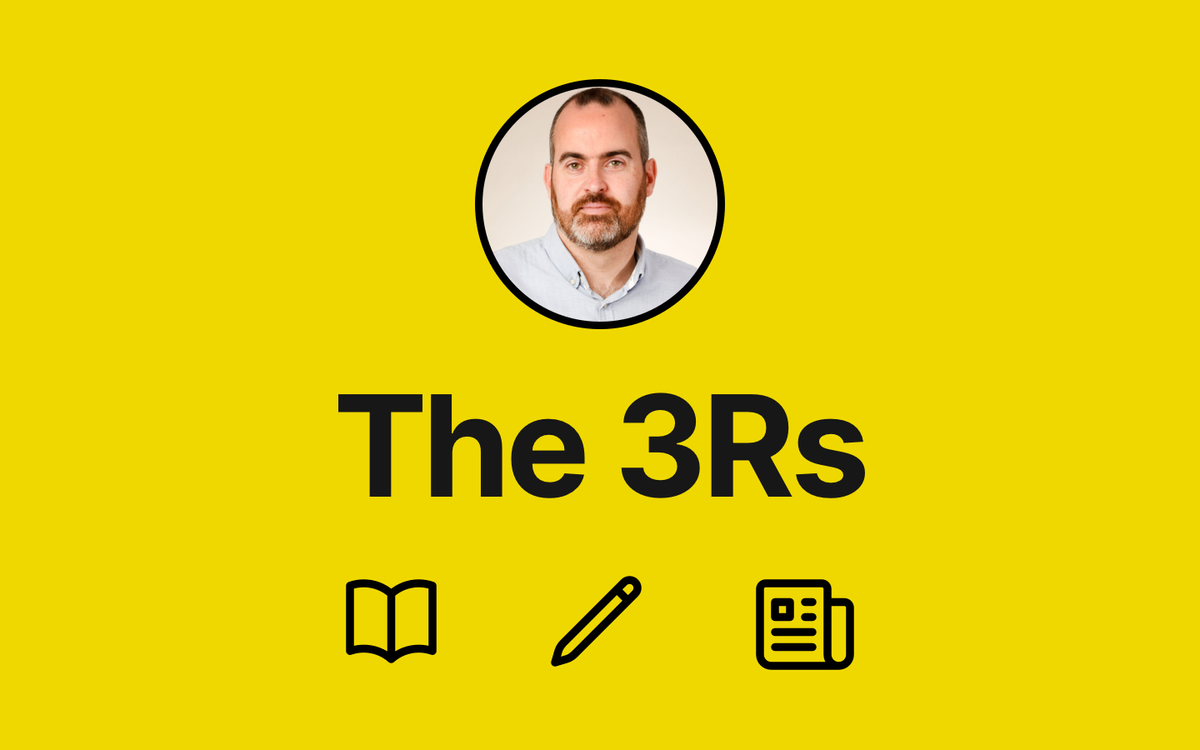This is not another moan about the perils of ChatGPT, or teeth-gnashing about the inexorable takeover of AI. It is a quick expression of a genuine concern about the potential losses to learning that could attend useful tools like ChatGPT if it becomes a classroom mainstay.
I suspect that ChatGPT, and the AI revolution, like most ground-breaking tech innovations, will change lots of things. But we will quickly assimilate those changes, adapting AI to suit our long-standing needs. The likes of education may well not be as dramatically different as we may hope or worry about.
Despite being confident in how we can adapt and use ChatGPT and AI for our betterment, I am worried – from an educator’s perspective – that it could be significantly damaging to learning.
How might ChatGPT hamper learning?
Learning to read and write, or do algebra problems, is cognitively demanding for pupils of all ages. Reading to learn about the great religions, or the Norman Conquest, is without a doubt a tricky, effortful act. And let’s be honest, the average teenager would be happy with a shortcut.
There is an imagined future where AI does all the hard work for our pupils and university students. The International Baccalaureate has already accepted Chat GPT can be used by pupils if they reference that help accurately. Maybe it will even become integral to schooling and even trump the Internet?
AI tools will be able to write thoughtful, creative stories, or generate balanced arguments about the impact of the Norman Conquest at the click of a button.
In short, it may do a lot of the hard thinking for us.
And therein lies the problem.
Learning happens when we think hard.
Pupils needs to grapple with new words – write them down, struggle with them, look them up, use them badly, get feedback, and then use them better. They need to write flawed stories filled with errors and clumsy expression, thereby learning how to edit and adapt their writing, so that they ultimately find their own unique voice. They need to grapple with selecting evidence from a variety of sources to compose a decent essay on the impact of the Normans.
More than the Internet ever could, AI tools like ChatGPT can do all these things. But it will shortcut learning if we allow that in the classroom. The notion of ‘Just Google It!’ is a long-standing misnomer. It misunderstands that the effortful act of learning, and how we gradually build rich storehouse of cognitive connections through effort, failures, and success.
If we replace extended reading of tricky texts with short, accurate AI answers, we could hamper learning.
If we replace making notes, planning, drafting, editing, and revising a history essay, with speedily generated AI answers, we could hamper learning.
If we stop handwriting notes, and instead get ChatGPT to generate those notes for us, we could hamper learning.
Our problem may be that we are confusing learning with the final end-product, and not the effortful thinking that was necessary to create it, which is where learning happens.
I use ChatGPT – it is helpful in a variety of ways. I am no Luddite. But I worry that if we are not careful, it may get overused in education and go on to damage our ability to learn.






Comments